CBS co-develops national recommendations to attract more international graduates to the Danish job market

(Photo by Anna Holte)
The education sector and business industry have launched seven recommendations to encourage more international students to embark on careers in Denmark after graduation. CBS had an important seat at the table, explains Tom Dahl-Østergaard, who advocates more language flexibility in the business sector. The recommendations have now been handed to the Minister for Higher Education and Science.
By 2025, 40 percent instead of 34 percent of all international university students are to be working in Denmark two years after graduation, and seven new recommendations are to help reach that target.
The national recommendations, developed in partnership with representatives from the Confederation of Danish Industry, the Danish Chamber of Commerce, Aalborg University, CBS, the National Union of Students in Denmark, and the Danish Confederation of Professional Associations, have been submitted to the Danish Minister for Higher Education and Science, Ane Halsboe-Jørgensen.
Tom Dahl-Østergaard, Dean’s Representative, International Talent Retention at CBS, was a member of the working group, and he describes the recommendations as “a great accomplishment”.
“All of the representatives brought different opinions and interests to the table, so succeeding in agreeing on these seven recommendations was great. Furthermore, we have agreed that, regardless of the minister’s response, we will continue working on implementing as many of these recommendations as possible,” says Tom Dahl-Østergaard.
For him, participating in the working group was crucial, as CBS is the university in Denmark with the highest number of international students relative to its student body. Therefore, it has the most to lose if the politicians decide to further reduce the number of international students, he explains.
“Being an international university is part of our DNA at CBS. That’s why it was so important for us to a part of this partnership,” he says.
You don’t have to speak Danish – just understand it
Some of the recommendations concern legal matters and are based on how the national budget is put together. For example, the partnership would like to remove both the SU grant limitations for international students, as well as the users’ fee on lessons in Danish in order to attract more students and make sure they can learn the language while studying here.
And Tom Dahl-Østergaard has been working hard to promote making language a significant part of the recommendations.
“A lack of Danish language skills is often used as an excuse for not hiring international graduates. And I think companies shoot themselves in the foot with that opinion. They say no to a tremendous amount of talent,” says Tom Dahl-Østergaard.
He explains that recommendation five advocates companies focusing more on how their international employees can improve their language skills over time, and he says that some job functions can be managed with just an understanding of Danish.
“You simply can’t ask international students, who are here for maybe two years, to settle in, concentrate on their studies, find a student job AND learn Danish fluently. That’s completely unrealistic. But what’s not unrealistic is that they learn to understand Danish to some extent,” he says.
Leaving Denmark isn’t necessarily a goodbye forever
Among the recommendations that, according to Tom Dahl-Østergaard, really makes sense to CBS is to make sure that international students are introduced to Danish companies and work culture.
We must show the politicians that attracting international graduates, and having more of them staying in Denmark, is really good business
Tom Dahl-Østergaard
He explains that one of the most effective ways to do this is through internships, project-oriented work and thesis writing with a Danish company. Something which CBS is already doing to some extent.
“If we become better at communicating about work opportunities here and why they should stay, I think even more will consider starting off their careers in Denmark. And then it’s okay if they decide to leave later on,” says Tom Dahl-Østergaard and continues:
“The point is that if they leave, they have both knowledge about Denmark and a professional network here – which might come in handy later. Potentially, this could benefit Danish businesses in the long run,” he says.
In general, welcoming international students and graduates isn’t bad business, Tom Dahl-Østergaard argues.
“Thorough reports on international students and graduates’ contributions to Danish society and the state treasury show that it’s good business. Even when you take the SU grant expenses into account. So, if we can encourage more international graduates to stay for a little longer, it’s an even better business,” he says.
Implementation – the devil is in the detail
In total, including the concrete initiatives accompanying each of the recommendations, there are 29 recommendations, and Tom Dahl-Østergaard and the Dean of Education at CBS, Gregor Halff, are currently assessing and categorizing them for implementation at CBS. Tom Dahl-Østergaard expects to begin implementing some of them during 2020.
However, the universities must put in extra work on the recommendations if they truly want to succeed with this, and Tom Dahl-Østergaard is very aware of this.
“I won’t be deciding how the study programs should apply these recommendations in practice. In that sense, there isn’t a one-size-fits-all solution. I would rather the study boards take these recommendations and see what makes sense to them,” he says, adding:
“And I’m aware that this is in addition to their existing workload, and our colleagues are doing their best with what they’ve got. However, I am also seeing a great interest in this topic. Especially at the English-taught programs. Because if CBS were required to cut the number of international students even further, that might affect our ability to attract international faculty members. And that would be a disaster. This is precisely why we must show the politicians that attracting international graduates, and having more of them staying in Denmark, is a really good business.”



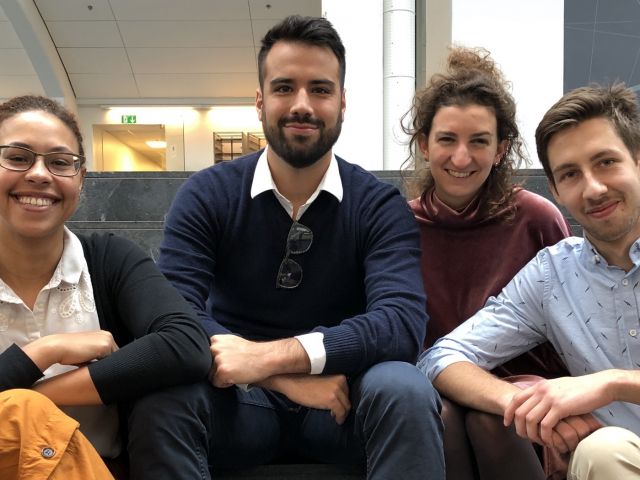
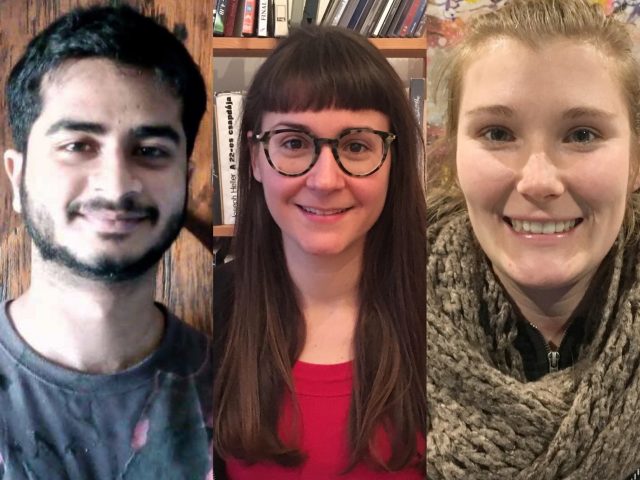
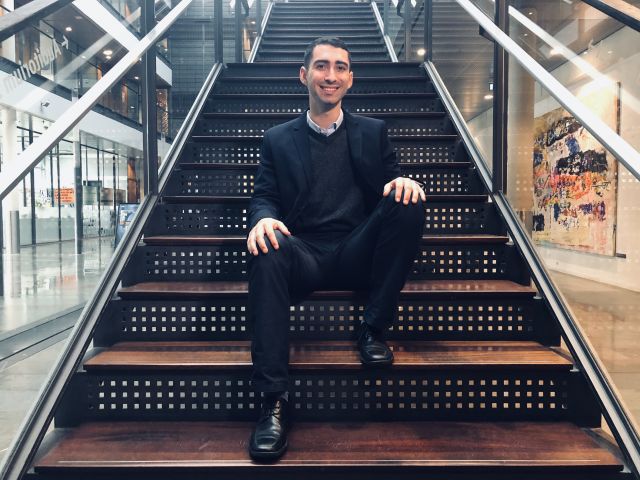
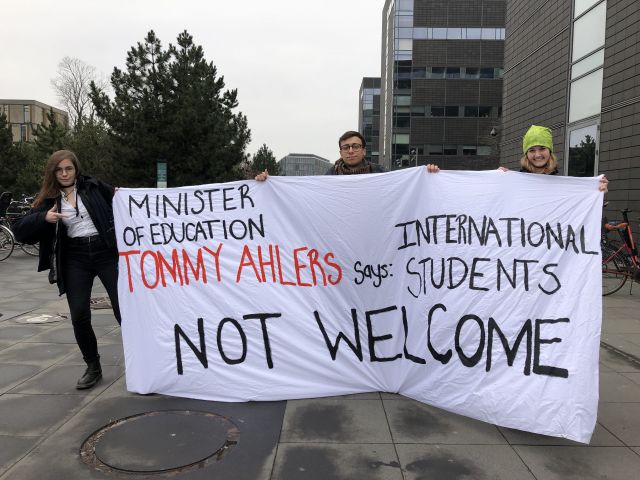
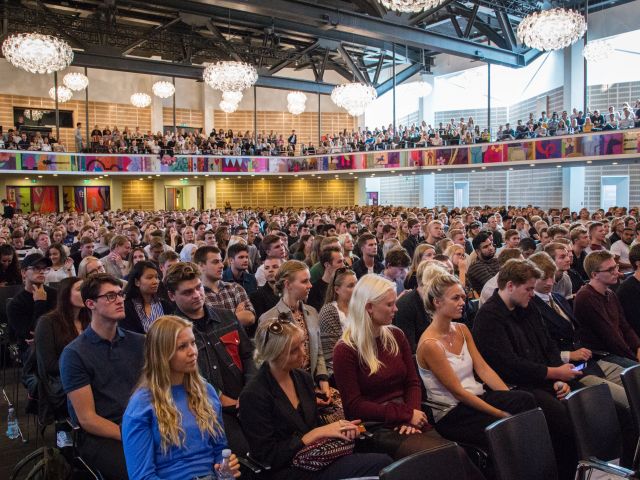
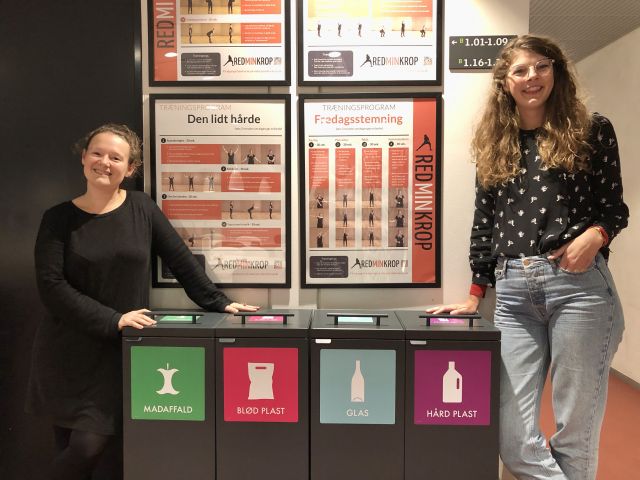
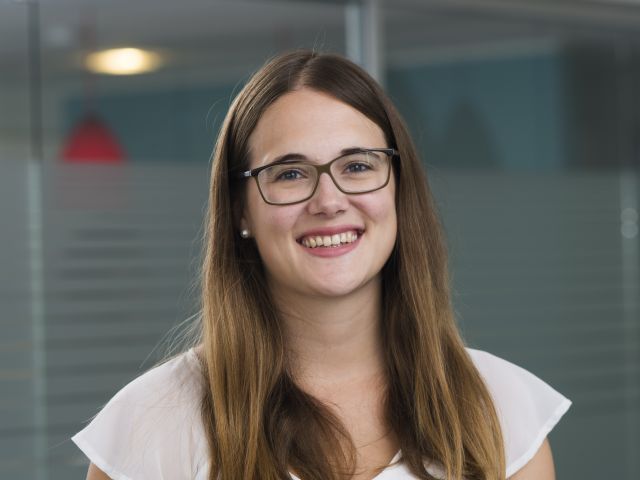





























































































































Comments